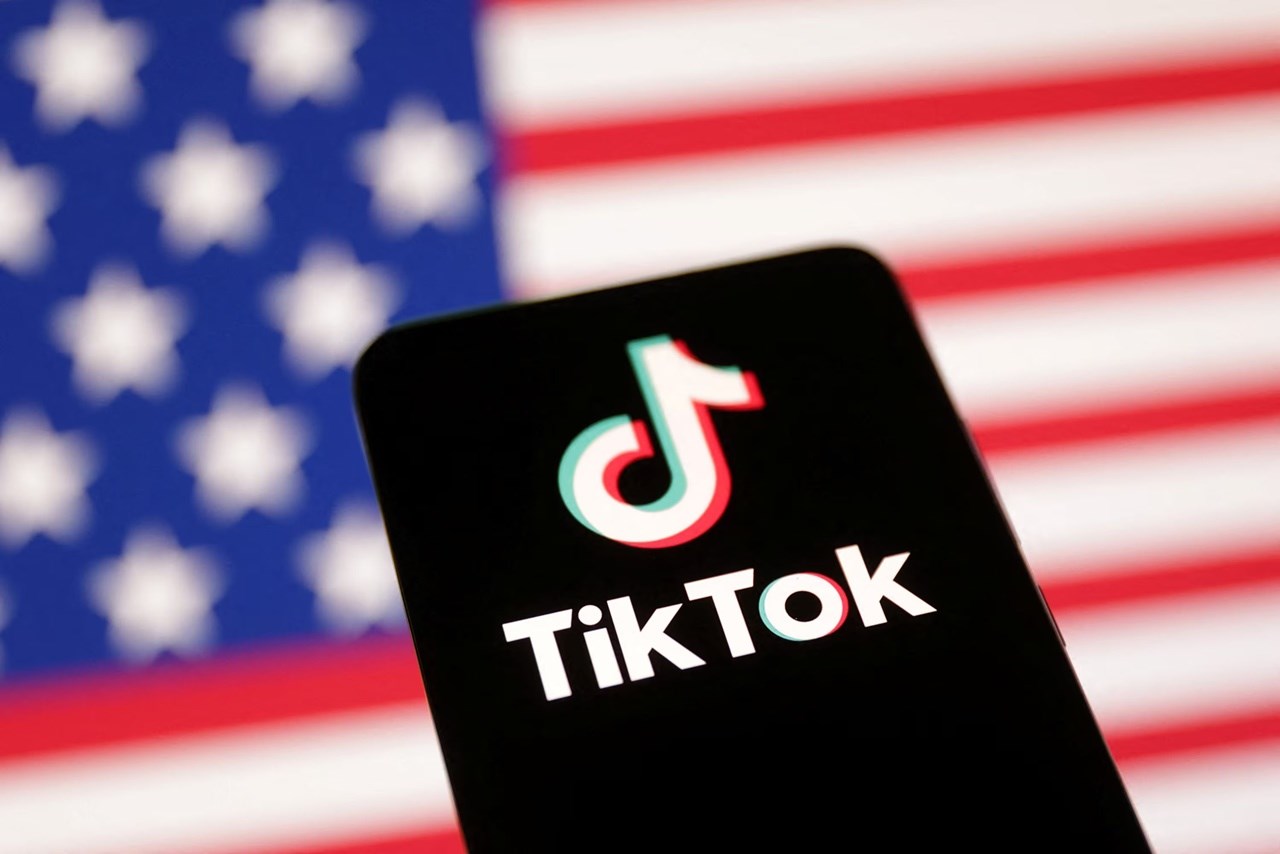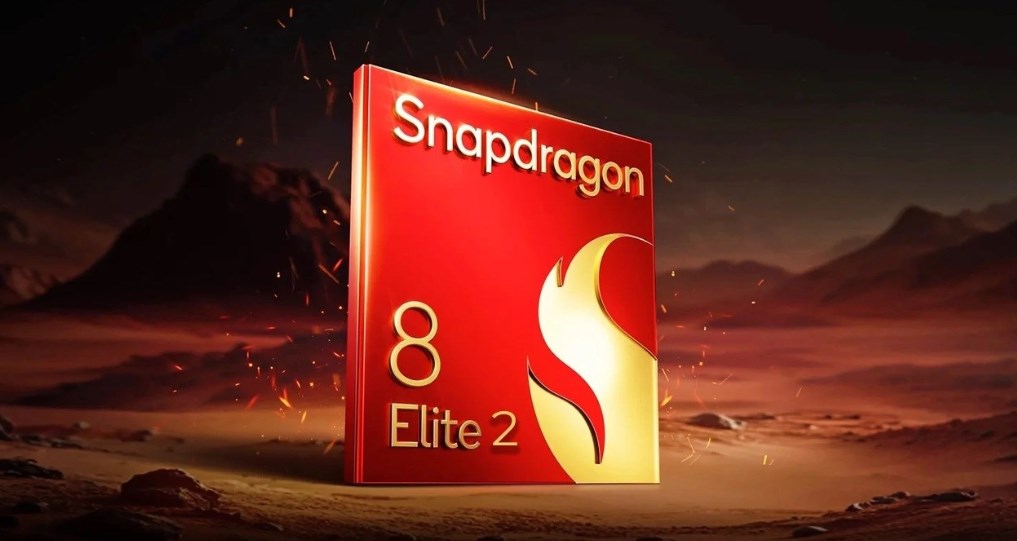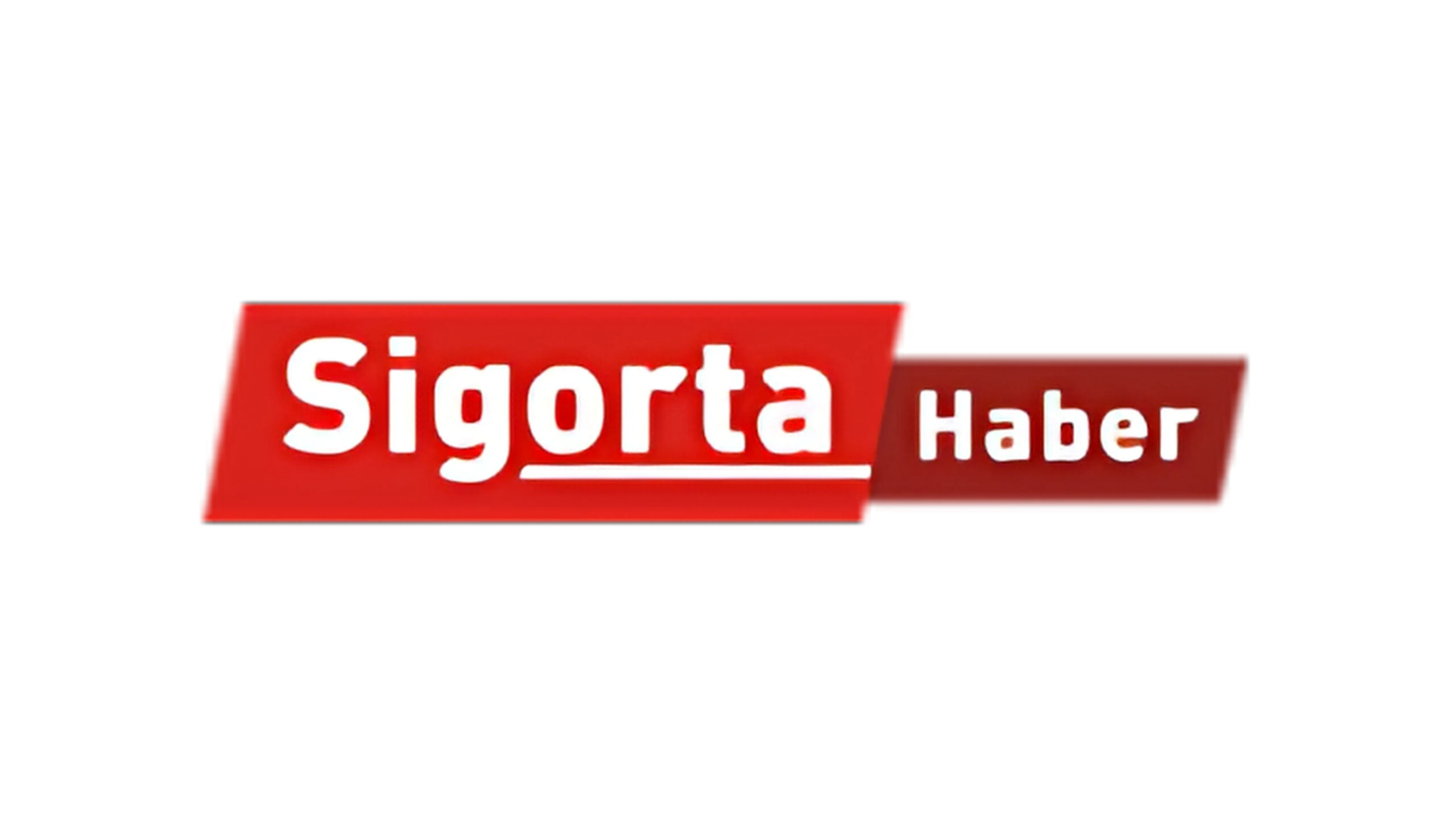Explore the impact of the New York Supreme Court’s decision on US Fire Insurance’s collateral demands and its implications for the industry.


A New York Supreme Court judge has dismissed attempts by Crum & Forster’s subsidiary, US Fire Insurance Company, to mandate that affiliates of MLCJR, LLC provide $13.5 million in collateral associated with surety bonds for offshore oil and gas projects. The judge ruled that the insurer did not demonstrate the immediate harm required for preliminary injunctive relief.
Justice Margaret A. Chan denied the motions from US Fire, determining that the firm failed to meet the ‘irreparable harm’ standard necessary to enforce the posting of security under a General Agreement of Indemnity (GAI).
The contention stems from three surety bonds issued by US Fire in favor of the Bureau of Ocean Energy Management (BOEM) and Union Oil Company of California (UNOCAL). These bonds, totaling $13.5 million, were intended to guarantee decommissioning obligations of three offshore operators—Energy XXI, EPL Oil & Gas, and Cox Oil Offshore—all of which declared bankruptcy in 2023 and entered Chapter 7 liquidation.
Following these bankruptcies, BOEM and UNOCAL lodged claims under the bonds, prompting US Fire to request collateral from the indemnitors as allowed under Paragraph 3 of the indemnity agreement. This clause permits the insurer to demand irrevocable letters of credit or other security forms upon claim receipt, even before any losses are paid.
US Fire argued that the plaintiffs’ refusal to post collateral threatened the contractual framework of the surety relationship. The GAI specifically waives the indemnitors’ defenses and asserts that specific performance is an appropriate remedy.
However, Justice Chan determined that US Fire did not demonstrate any immediate financial exposure. The insurer admitted it had not yet paid any claims or set aside reserves related to the bonds, nor provided evidence of imminent losses.
“No substantial evidence has been presented that, aside from the BOEM, UNOCAL, and BOEM II claims and US Fire’s collateral demands, there is any risk of imminent—rather than speculative—harm,” Justice Chan stated.
The court distinguished this case from Atlantic Specialty Ins. Co. v. Landmark Unlimited, Inc., where injunctive relief was provided partly because the surety had reserved funds and the indemnity agreement explicitly stated that failure to pay collateral constituted irreparable harm. US Fire’s GAI lacked such a clause.
Although Justice Chan acknowledged that the insurer might be entitled to specific performance if successful on the case’s merits, she stressed that “the criteria for granting a preliminary injunction are more stringent” and demand a present, concrete threat of harm.
With the motions rejected, the ongoing litigation – including US Fire’s counterclaims and demands for collateral – will proceed to a comprehensive hearing.




















